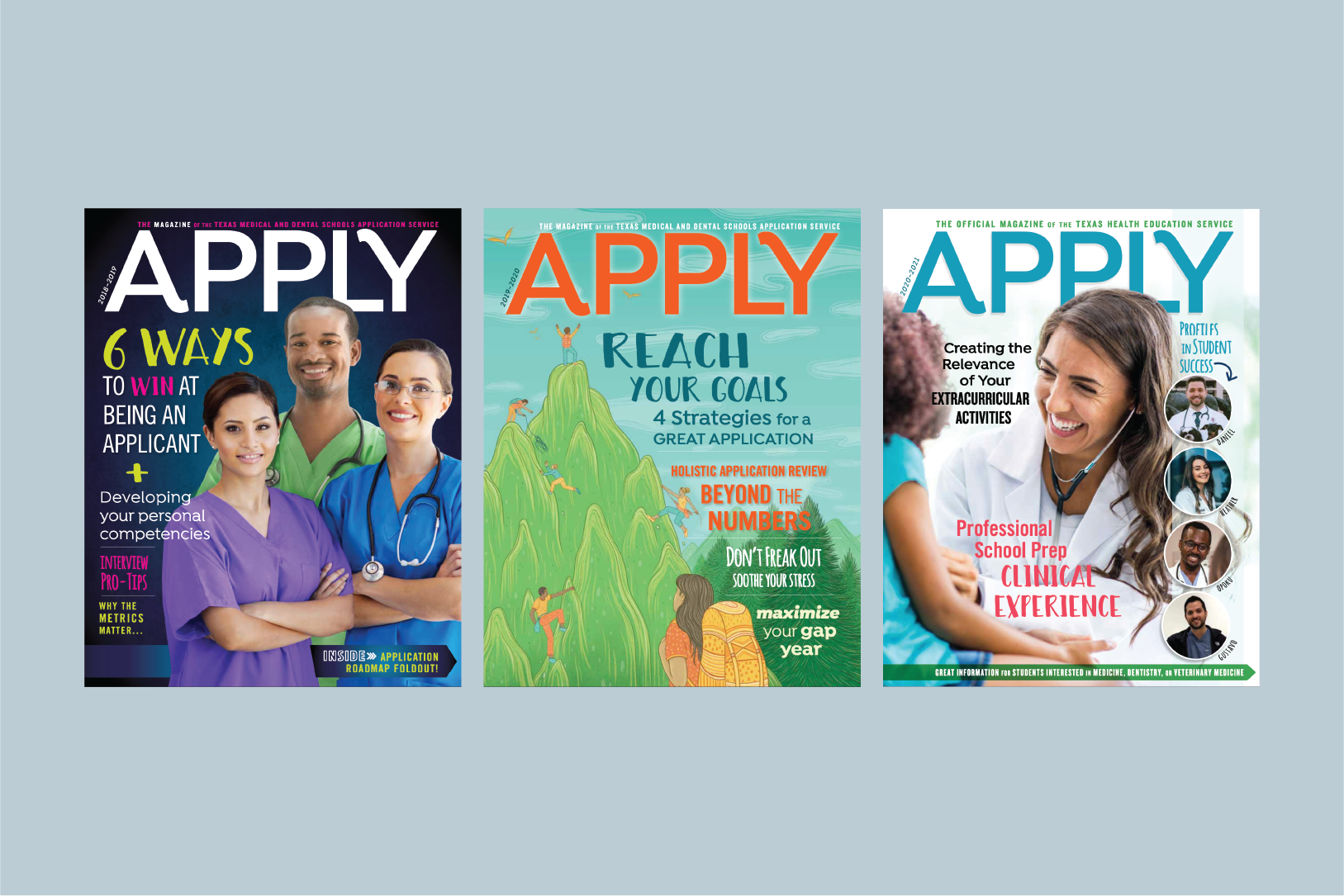How Do I Select My School Rank Preferences?
Review the guidance provided to best rank your schools, especially if you have a pre-match offer.

As you go along your pre-professional journey, you might have spoken these very words to yourself as you thought about what extracurricular activities you wanted to commit your time to. As a pre-health advisor, I have worked with many students who have mentioned this sentiment to me before, but my advice to all of them has been steadfast: pursue the things that you enjoy, and then reflect on their value added for becoming a doctor or other healthcare professional. You will often find that the activities you have done can actually be very beneficial on your path to medical school.
Remember that medical schools evaluate you holistically and like to see well-rounded candidates, so while clinical experience is important, not every hour you have outside of studying must be shadowing a physician, volunteering in a clinic, or working as a medical scribe. Think about what you want to get out of your undergraduate years, and be sure to prioritize those activities and commitments too. This can include student organizations, community service projects, internships or employment, and so much more. As you keep track of your activities, maintain detailed descriptions of what you did, what you felt, and what you learned. As application season approaches, you can then think more critically about the transferrable skills you gained in each activity. Let’s take a look at some examples to help get you thinking:
|
|
|
|
|
Member of intramural basketball league Developed teamwork skills
|
Member of a healthcare team Must be able to share responsibility with pharmacists, nurses, administrators, etc. |
|
|
Tutor in an after-school organization Developed communication skills by explaining concepts to children in a variety of ways Developed empathy by working with students who may come from different backgrounds than you |
Counselor to patients about their conditions Must be able to explain complex medical issues in a way that patients of diverse backgrounds understand
|
|
|
Store associate at a clothing store Developed people skills by approaching customers in a respectful and helpful way |
Ambassador of medical community Must be able to meet patients with respect, listen to their concerns, and develop a trusting relationship with them |
|
|
Vice president of college government Developed leadership skills by communicating with fellow officers and membership Developed conflict resolution skills when leadership team needed to come to agreement |
Leader in a healthcare setting Communicate with members of the healthcare team to ensure quality patient care Handle disagreements among staff that does not affect patient experience
|
As you can see from the examples above, there is always a way to relate what you are doing back to your journey to becoming a physician. For many students, it is easier to reflect on shadowing, health care volunteering, and community service experiences, as those things are more directly related to the life of a physician. Yet often, it just takes a bit of reflection to make those connections for all of your other pursuits as well. Here are some questions to ask yourself as you look back on your own activities:
Answering these questions can help you reflect more deeply and write complete activity descriptions that fully encompass everything you experienced and learned. You will also likely be better equipped to share your experiences more clearly on secondary applications and in interviews. Finally, don’t forget to consult with your pre-health advisor regularly, as your advisor can also help you think more about how to bring out the best of your extracurricular experiences when it comes time for you to apply to medical school. So for now, continue making the most of your undergraduate journey and pursuing the things you enjoy, because they DO have something to do with being a doctor!
Review the guidance provided to best rank your schools, especially if you have a pre-match offer.
JAMP's five-part seminar series, in partnership with OnlineMedEd, provided scholars with strategies to support both academic success and personal growth.
Todd Lang, JAMP Faculty Director at UNT, launched a care package initiative to help students start the semester strong. What began with basic supplies quickly expanded to address food insecurity and other student needs, offering items like non-perishable food, lab supplies, and hygiene products. Lang’s effort, supported by his team, reflects JAMP's mission to remove barriers and ensure students can focus on their studies and succeed in their journey to become healthcare professionals.